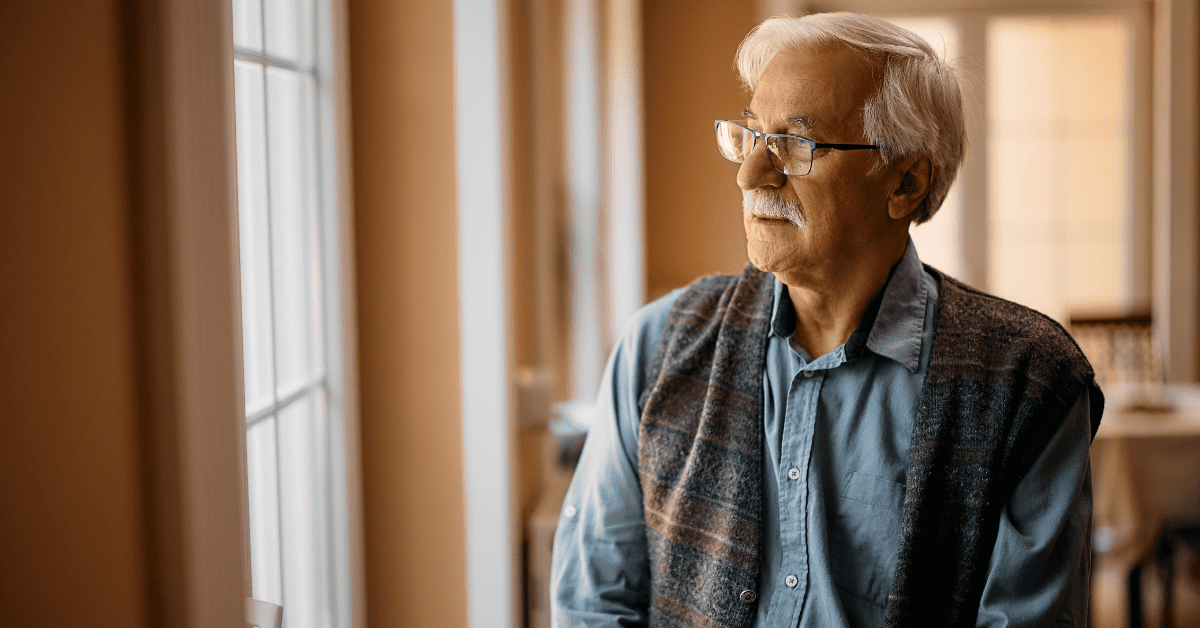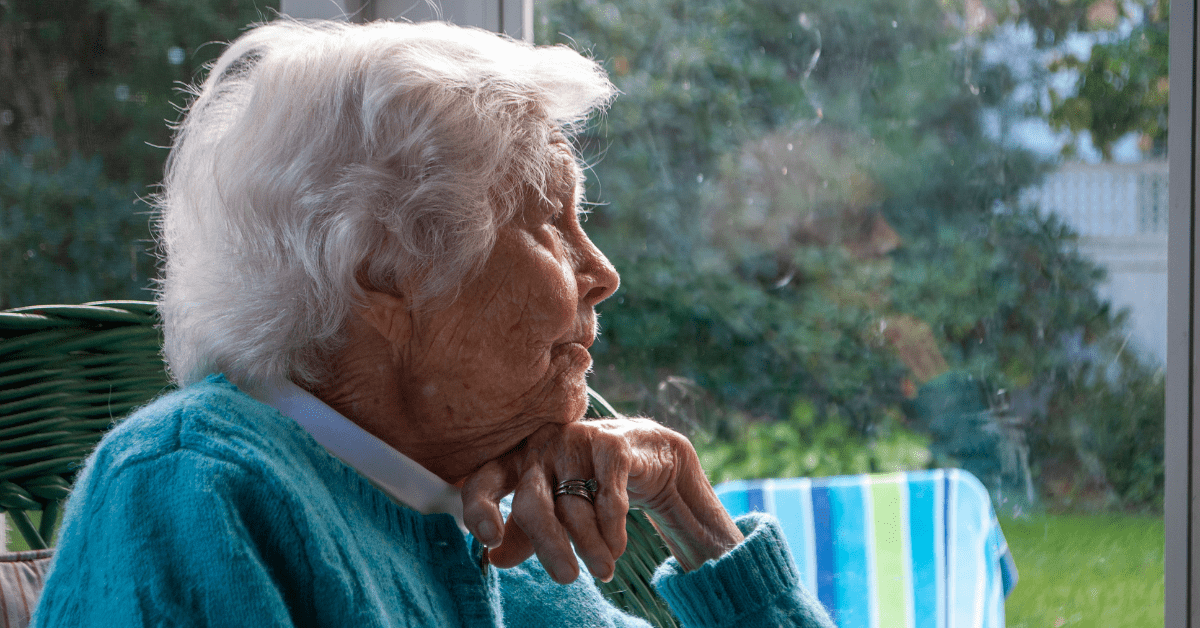
Loneliness and social isolation create far more than moments of discomfort—they represent genuine health threats for those requiring dementia care in Pewaukee, WI. These conditions significantly increase risks for heart disease, depression and cognitive decline. Memory loss amplifies these challenges in heartbreaking ways. Social isolation often triggers anxiety, depression and accelerated cognitive decline in older adults. Yet hope exists—memory care activities offer remarkable benefits for cognitive function and brain health.
Understanding Loneliness in Memory Care
What is chronic loneliness in older adults?
Chronic loneliness happens when feelings of disconnection persist over weeks, months or even years. This isn’t about brief moments of solitude—it’s a persistent sense of separation that affects daily life. Here’s what matters most: loneliness and social isolation are completely different experiences. Loneliness is subjective—the emotional gap between the connections someone wants and what they actually have. Social isolation, however, is objective—the measurable lack of social contacts.
How memory loss increases social isolation
Memory disorders create barriers that make social connections increasingly difficult. Cognitive decline brings specific challenges:
- Communication difficulties that turn simple conversations into struggles
- Confusion and disorientation that make social settings feel overwhelming
- Loss of shared memories that once formed the foundation of relationships
Emotional and physical effects of being alone
Physical effects include:
- Elevated cortisol levels that stress the body
- Weakened immune system, increasing vulnerability to illness
- Approximately 50% increased dementia risk
Emotional consequences often involve:
- Heightened anxiety and depression
- Declining cognitive function and mental clarity
- Feelings of worthlessness or self-doubt
- Faster cognitive decline compared to those who don’t feel lonely
Daily loneliness can even manifest physically through fatigue, headaches and nausea—symptoms that appear even in people who wouldn’t typically describe themselves as lonely.
Activities That Reignite Joy and Belonging
Meaningful activities become bridges back to connection for those experiencing memory loss. These moments of engagement often surprise families—watching a loved one light up during a favorite song or smile while painting can feel like glimpses of the person they remember.
Music and art therapy for emotional expression
Music reaches something profound in people with memory challenges, often touching parts of the brain that remain vibrant even when words become difficult. Musical interventions decrease agitation, improve communication and strengthen caregiver relationships. Someone who struggles to remember their daughter’s name might still hum along to a beloved hymn or tap their foot to a familiar melody.
Art offers another path to expression when conversation feels impossible. Creating something beautiful gives people a sense of accomplishment that memory loss often steals away. The joy on someone’s face when they complete a painting or the animated discussion sparked by viewing artwork together—these moments matter deeply.
Reminiscence therapy to spark memory and conversation
This approach works with what remains strong rather than focusing on what’s been lost. Using photographs, music or familiar objects, reminiscence therapy helps people access long-term memories that often stay intact longer than recent ones. The results touch both practical and emotional needs:
- Conversations become easier and more natural
- Anxiety and agitation often decrease
- People reconnect with their sense of self and personal history
Gentle physical movement like chair yoga or walking
Movement benefits the whole person—body, mind and spirit. Chair yoga makes physical activity accessible for nearly everyone, improving balance and core stability while creating a sense of well-being. Participants often show steady improvement in balance control throughout structured programs. Daily walks offer simple pleasures that isolation steals—fresh air, changing seasons, the familiar rhythm of neighborhood life. These walks help maintain mobility while providing mental stimulation through observing everyday routines like mail delivery or seasonal changes.
Games and puzzles for mental stimulation
Cognitive activities keep minds active and engaged. Puzzles, word games and number activities work different parts of the brain—memory, reasoning and processing speed. Research shows that people who regularly complete crossword puzzles may delay memory decline by 2½ years.
Nature-based activities like gardening or birdwatching
Nature offers healing that goes beyond medical interventions. Birdwatching improves concentration while encouraging reminiscence about past experiences. Creating and maintaining bird feeders engages multiple skills—fine motor coordination, planning and daily routine maintenance.
Gardening provides sensory experiences that stimulate memory and mood. Studies demonstrate that therapeutic horticulture improves positive emotions and cognitive function while reducing anxiety. The satisfaction of nurturing something that grows mirrors the human need for purpose and contribution.
Time to Connect
Loneliness and isolation profoundly affect those experiencing memory loss, creating consequences that extend far beyond simple discomfort. Each person’s story matters when addressing isolation. Individual interests, experiences and preferences shape how someone responds to engagement opportunities.
Moving from isolation to connection requires proper support and understanding. Your loved one deserves care that addresses both physical needs and emotional well-being through genuine social engagement. Contact us at (262) 542-3434 to learn more about our memory care, Heritage Court Waukesha.
FAQs
Q1. What types of activities are beneficial for seniors with memory loss?
Beneficial activities include music and art therapy for emotional expression, reminiscence therapy to spark memories and conversation, gentle physical movements like chair yoga or walking, cognitive games and puzzles for mental stimulation and nature-based activities such as gardening or birdwatching.
Q2. What are the effects of chronic loneliness on seniors with dementia?
Chronic loneliness can lead to increased stress hormones, weakened immune function, higher risk of heart disease and stroke and accelerated cognitive decline. It may also cause anxiety, depression and feelings of worthlessness, impacting both physical and emotional well-being.


